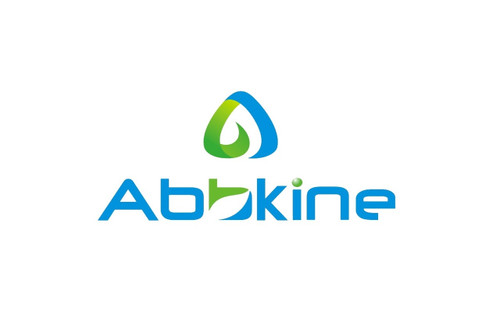Product Description
Human Mineralocorticoid receptor (NR3C2) ELISA Kit | AE58185HU | Abebio
Species Reactivity: Human (Homo sapiens)
Abbreviation: NR3C2
Alternative Name: FLJ41052; MCR; MGC133092; MLR; MR; NR3C2VIT; aldosterone receptor|mineralocorticoid receptor 1|mineralocorticoid receptor delta
Application: ELISA
Range: 0.156-10 ng/mL
Sensitivity: 0.059 ng/mL
Intra-Assay: ≤4.8%
Inter-Assay: ≤8.6%
Recovery: 0, 9
Sample Type: Serum, Plasma, Other biological fluids
Detection Method: Sandwich
Analysis Method : Quantitive
Test Principale: This assay employs a two-site sandwich ELISA to quantitate NR3C2 in samples. An antibody specific for NR3C2 has been pre-coated onto a microplate. Standards and samples are pipetted into the wells and anyNR3C2 present is bound by the immobilized antibody. After removing any unbound substances, a biotin-conjugated antibody specific for NR3C2 is added to the wells. After washing, Streptavidin conjugated Horseradish Peroxidase (HRP) is added to the wells. Following a wash to remove any unbound avidin-enzyme reagent, a substrate solution is added to the wells and color develops in proportion to the amount of NR3C2 bound in the initial step. The color development is stopped and the intensity of the color is measured.
Product Overview: The mineralocorticoid receptor is a receptor with high affinity for mineralocorticoids. It belongs to the steroid hormone receptor family where the ligand diffuses into cells, interacts with the receptor and results in a signal transduction affecting specific gene expression in the nucleus. The gene for the NR3C2 encodes for the 107 kDa MR protein. MR is expressed in many tissues, such as the kidney, colon, heart, central nervous system (hippocampus), brown adipose tissue and sweat glands. In epithelial tissues, its activation leads to the expression of proteins regulating ionic and water transports resulting in the reabsoprtion of sodium, and as a consequence an increase in extracellular volume, increase in blood pressure, and an excretion of potassium to maintain a normal salt concentration in the body.
Stability: The stability of ELISA kit is determined by the loss rate of activity. The loss rate of this kit is less than 5% within the expiration date under appropriate storage condition. The loss rate was determined by accelerated thermal degradation test. Keep the kit at 37°C for 4 and 7 days, and compare O.D.values of the kit kept at 37°C with that of at recommended temperature. (referring from China Biological Products Standard, which was calculated by the Arrhenius equation. For ELISA kit, 4 days storage at 37°C can be considered as 6 months at 2 - 8°C, which means 7 days at 37°C equaling 12 months at 2 - 8°C) .
 Euro
Euro
 USD
USD
 British Pound
British Pound
 NULL
NULL








